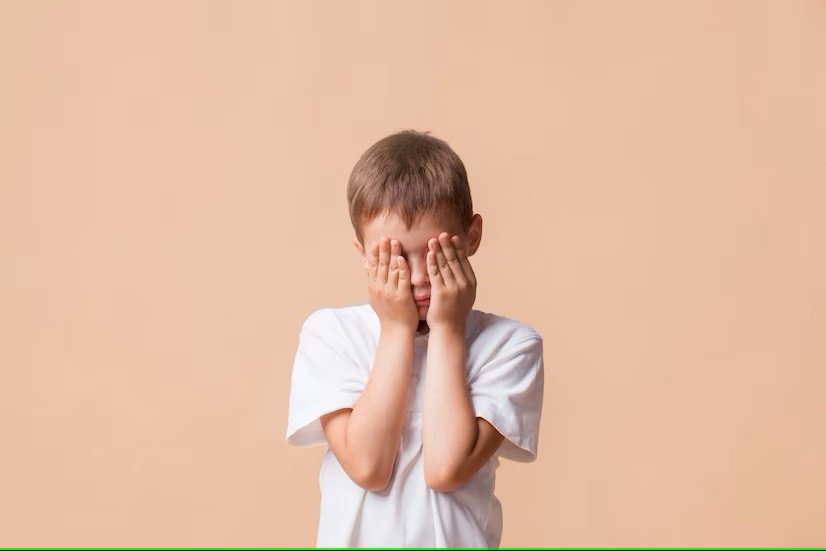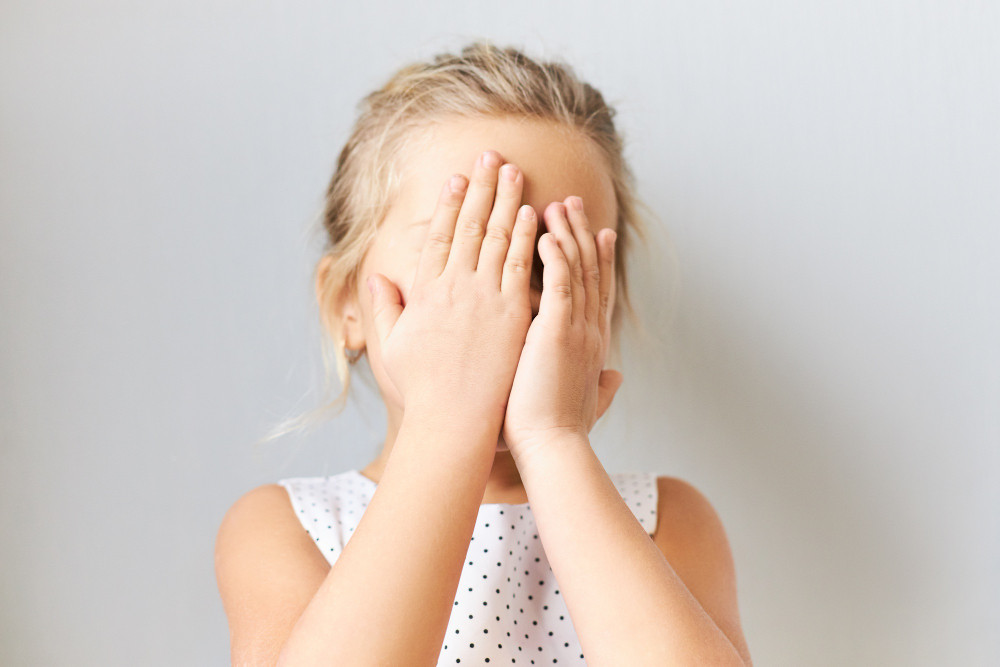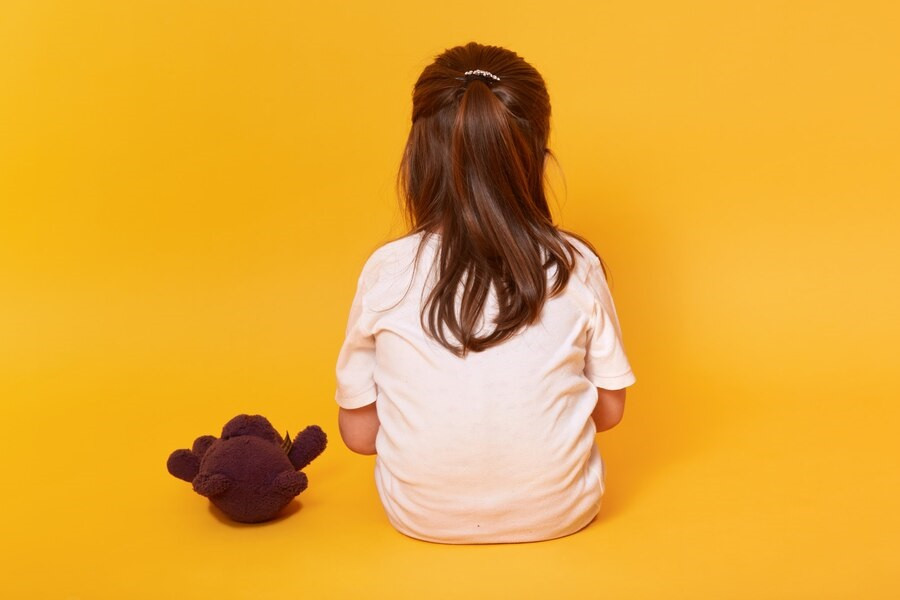Dalam DSM-5, pedofilia dikategorikan sebagai gangguan parafilia, yaitu gangguan yang melibatkan minat seksual atau ketertarikan seksual terhadap objek yang tidak biasa.
Istilah pedofilia digunakan untuk menggambarkan ketertarikan seksual pada anak-anak prapubertas. Gangguan ini tidak hanya bisa dialami oleh mereka yang belum menikah. Orang yang sudah menikah dan memiliki pasangan seksual pun bisa mengalami pedofilia.
Kenali Ciri-Ciri Pedofilia
Tidak diketahui dengan jelas apa penyebab seseorang mengidap pedofilia. Gangguan psikologis ini mungkin berkembang karena kekerasan seksual yang dialami di masa kanak-kanak, hormon, perubahan struktur otak atau pengaruh genetik.
Menurut DSM-5, gangguan pedofilia memiliki ciri-ciri sebagai berikut:
- Memiliki fantasi, dorongan atau perilaku seksual yang intens dan berulang pada anak-anak yang belum matang secara seksual (umumnya berusia 13 tahun atau lebih muda) selama minimal 6 bulan
- Dorongan seksual yang dialami telah menyebabkan tekanan atau gangguan signifikan dalam fungsi sosial, pekerjaan dan hal penting lainnya
- Tertarik terhadap video pornografi anak
- Muncul perasaan frustrasi dan terisolasi akibat dorongan seksual ini
Baca Juga: Bukan Sembarang Aktivitas, Ini Manfaat Mewarnai bagi Anak-Anak
Bagaimana Melindungi Anak-Anak dari Pedofilia?
Ada beberapa hal yang bisa dilakukan orang tua untuk melindungi anak-anak dari pedofilia, di antaranya:
Selalu terlibat aktif dalam seluruh kegiatan anak
Pastikan untuk mengenal semua temannya, dan mengetahui seluruh aktivitas anak sehari-hari. Bantu anak memilih kegiatan dan lingkungan yang aman untuk menjalani aktivitas atau hobi yang disukai.
Miliki waktu intens dengan anak
Anak-anak yang menjadi korban pedofilia sebagian besar adalah anak-anak yang orang tuanya sibuk dengan kegiatan sendiri. Mereka jarang memiliki waktu intens dengan anak, termasuk waktu bermain, berkomunikasi dan terlibat akan kegiatan sehari-hari anak.
Mengajarkan pada anak tentang bagian tubuh yang tak boleh disentuh orang lain
Perkenalkan bagian-bagian tubuh yang tidak boleh disentuh oleh orang lain. Sebutkan istilah yang sebenarnya agar anak tidak bingung dan merasa canggung menyebutkan bagian tubuhnya. Hal ini juga penting untuk membantu Anda memahami apa yang terjadi pada anak.
Ajarkan pada mereka bahwa ada bagian-bagian tubuh yang tidak boleh dilihat dan disentuh oleh orang lain. Bahkan ketika dokter ingin melakukan pemeriksaan pada mereka, harus izin terlebih dahulu dan ada pendampingan orang tua.
Baca Juga: Tanda-Tanda dan Penyebab Gangguan Kecemasan Sosial pada Anak Remaja
Ajarkan pada anak untuk tidak merahasiakan apa pun
Pelaku pedofil biasanya akan mulai menyentuh bagian tubuh anak dan meminta anak merahasiakan hal tersebut dari orang tua. Ajarkan pada anak untuk tidak merahasiakan apa pun dari orang tua.
Anak harus menceritakan segala sesuatu yang dialaminya khususnya hal-hal yang membuat mereka tidak nyaman seperti disentuh di bagian tubuh tertentu oleh orang asing maupun orang yang dikenal.
Ajarkan pada anak tidak menunjukkan foto telanjang atau bagian tubuh tertentu
Beberapa pedofil mungkin bergerak melalui dunia maya dengan meminta anak mengirimkan foto bagian tubuh tertentu atau foto telanjang. Anak-anak yang telah memiliki akses teknologi sangat rawan terhadap hal tersebut. Ajarkan pada anak untuk tidak sembarangan mengirimkan foto apa pun pada orang di dunia maya.
Hal yang tak kalah penting adalah anak-anak yang menjadi korban pedofil adalah anak-anak yang tidak bersalah. Segala sesuatu yang mereka alami bukanlah berdasarkan keinginan mereka. Selalu dampingi dan minta pertolongan pihak berwajib jika anak mendapatkan perbuatan yang tidak senonoh.
Mau tahu informasi seputar kehamilan, menyusui, kesehatan wanita dan anak-anak? Cek di sini, ya!
- dr Nadia Opmalina
Courtney Telloioan (2022). What Are the Causes of Pedophilia?. Available from: https://psychcentral.com/disorders/causes-of-pedophilia
Psychology Today (2022). Pedophilia. Available from: https://www.psychologytoday.com/us/conditions/pedophilia
Natasha Daniels (2023). 10 Ways to Teach Children to Speak Up About Sexual Abuse. Available from: https://childmind.org/article/10-ways-to-teach-your-child-the-skills-to-prevent-sexual-abuse/












